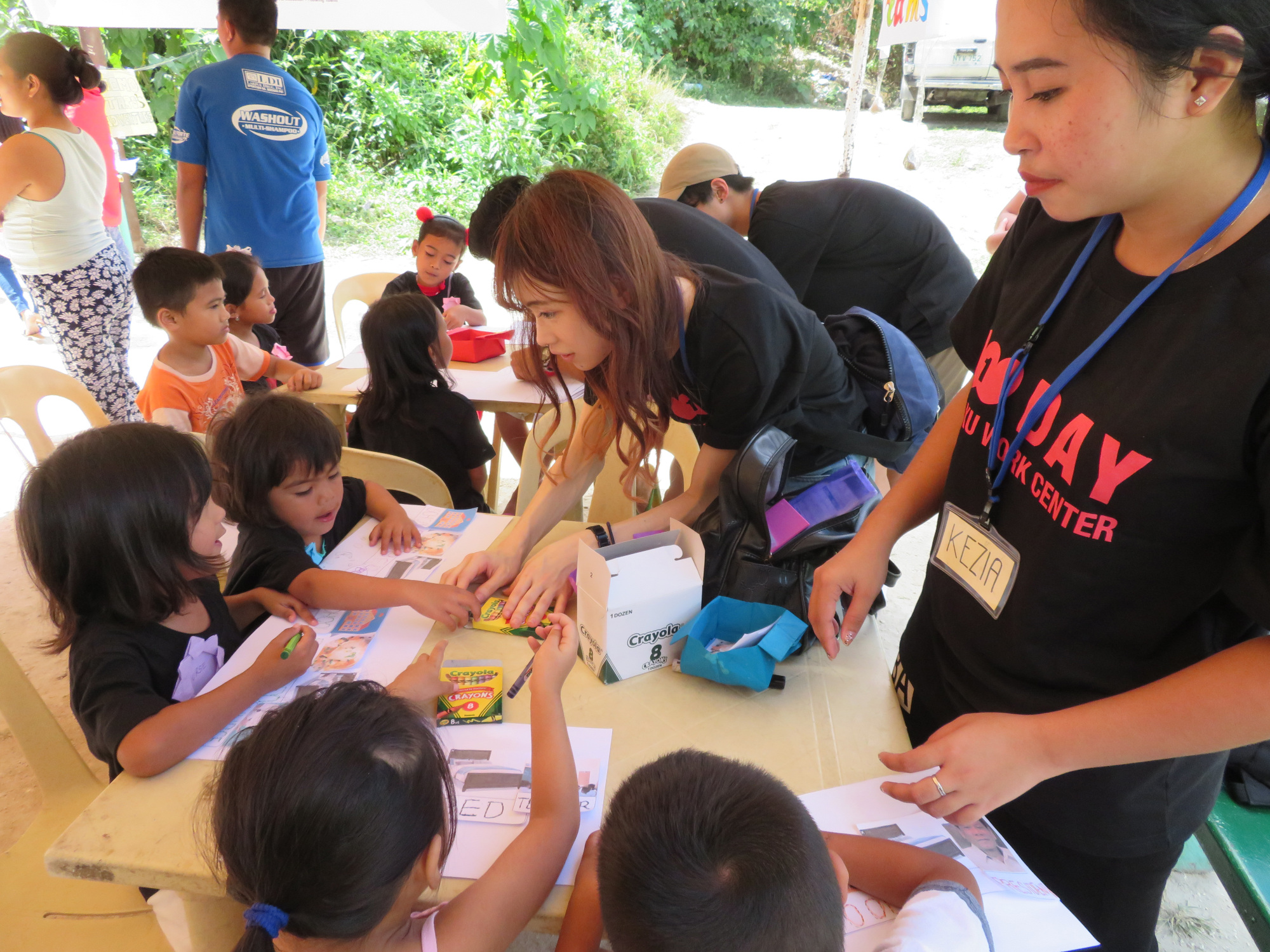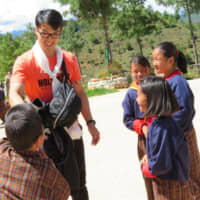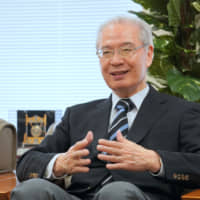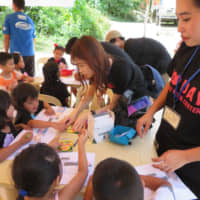In today’s increasingly unpredictable world, where borders seem transparent and change happens at lightning speed, Toyo University President Makio Takemura has a resolute vision.
Now, more than ever, the university needs to be an environment that fosters future leaders who can adapt to and tackle issues on a global scale.
The university seeks to absorb the positive aspects of globalization, such as exposure to different cultures and values, and through its students, apply any consequent learning to domestic and international private and public sectors. To do this, the university has been ramping up its English-language efforts.
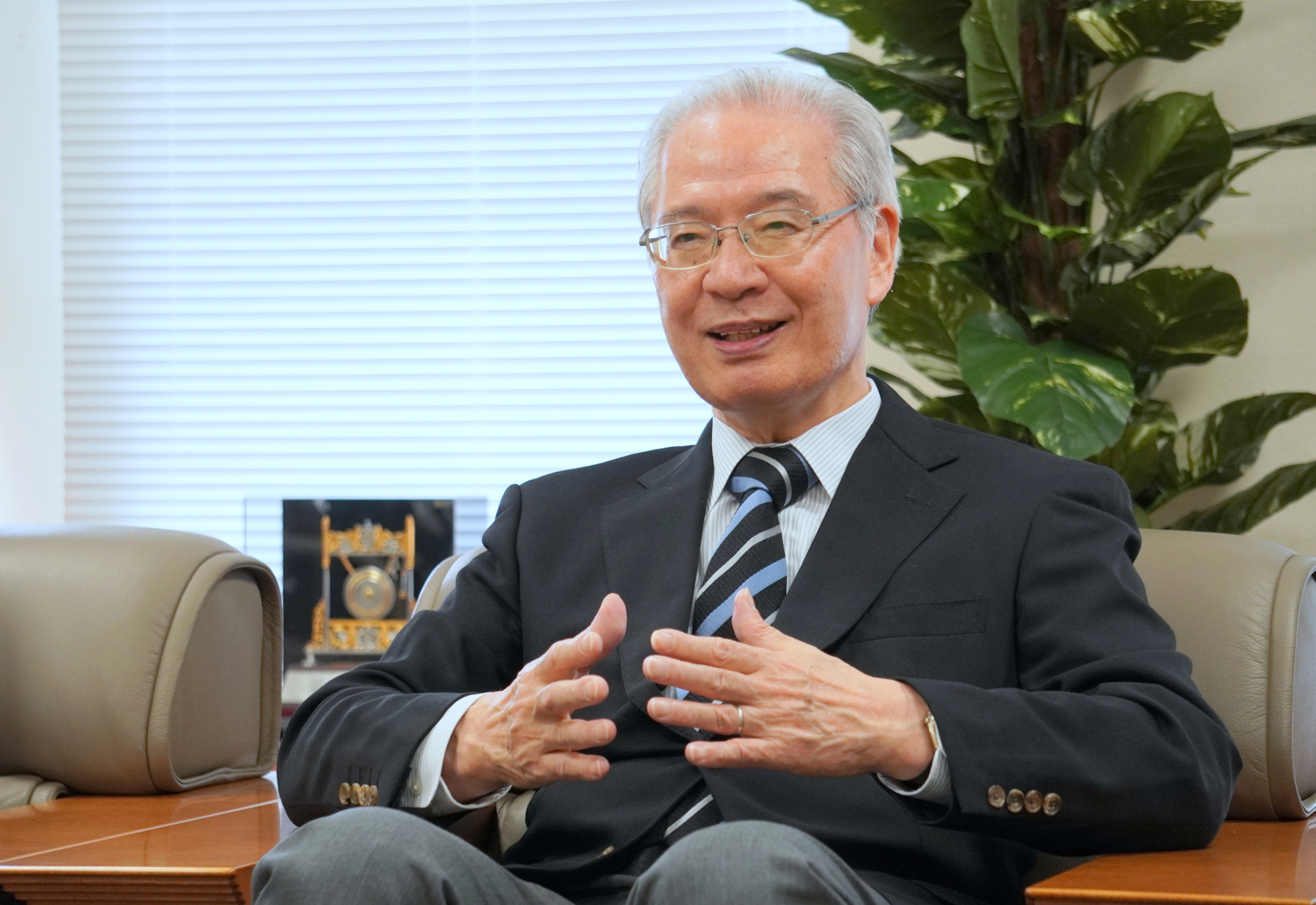
“When thinking about such globalization, communication in English is vital. This is the reason why we established an English conversation school on our campus,” Takemura said.
Educational philosophy
The open-mindedness of the college’s approach and views on language learning hark back to that of its founder, philosopher Enryo Inoue, who established the private Philosophy Academy (forerunner of Toyo University) in 1887. Inoue believed in the importance of learning and developing an independent outlook on the world without prejudice or being affected by groundless beliefs. He also believed that students would benefit from learning English or Chinese to fully engage with the world.
“A university is not only a place of sophisticated learning, but also a venue for nurturing humanity. As conscientious individuals acquiring knowledge, students must act on their own initiative for society to recognize them,” Takemura said.
He also emphasized the need for students to understand Japanese traditions and thinking so as to best communicate this with other people who have grown up in different cultures.
Takemura continued: “This is why we reviewed the school curriculum; we now offer numerous social science and humanity courses that teach the culture, history and philosophy of Japan.”
In 2014, the Ministry of Education, Culture, Sports and Science (MEXT) selected Toyo University as one of the top 37 universities in Japan that are actively promoting globalization. Following such recognition of Toyo’s efforts to open Japan up to the rest of the world, Toyo established three new faculties as strongholds in global learning. Namely, the Faculty of Information Networking for Innovation and Design, the Faculty of Global and Regional Studies, and the Faculty of International Tourism Management.
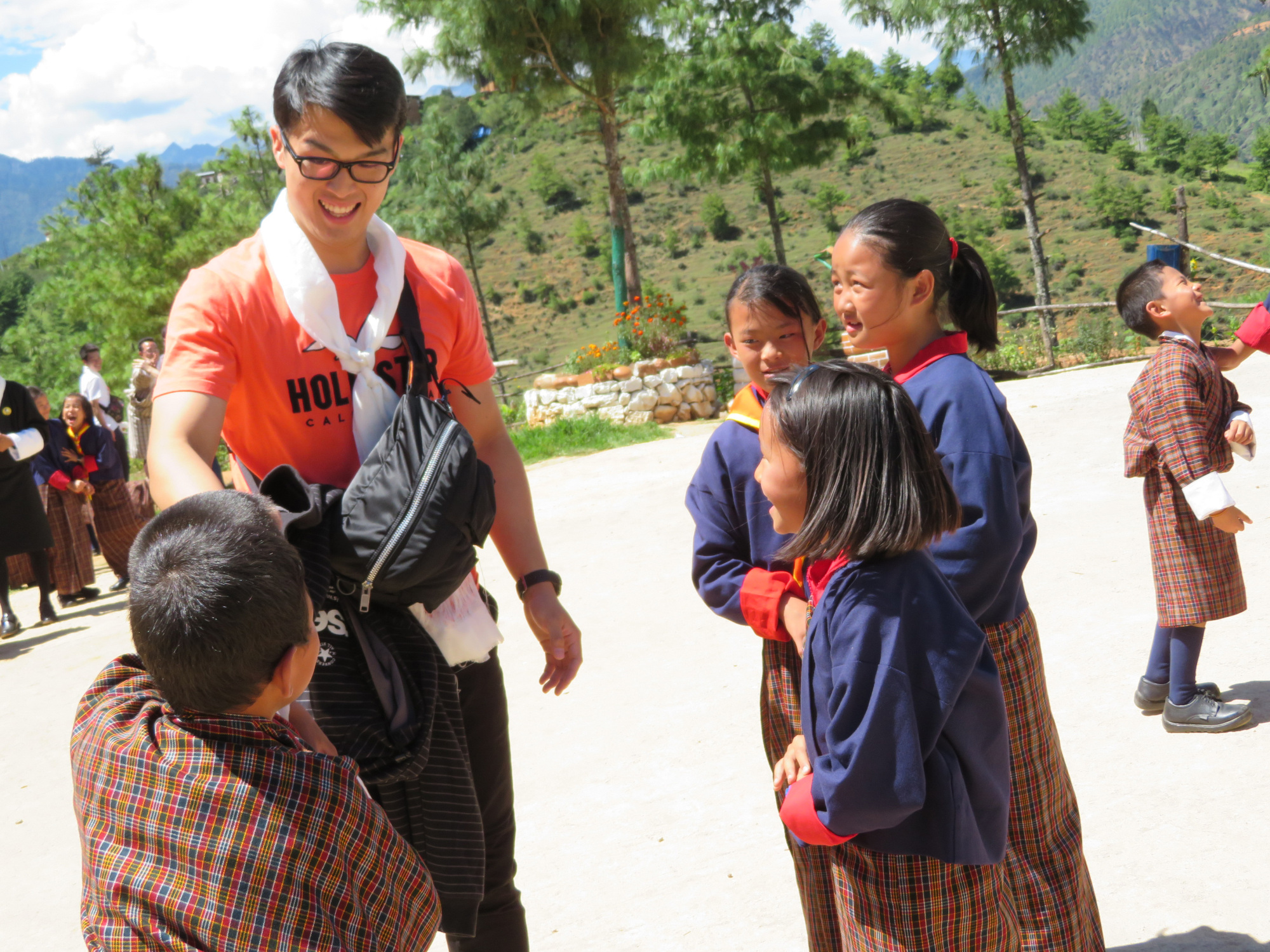
Toyo as an Asian hub
Toyo is concurrently promoting many other projects that nurture global talent and diversity of both its Japanese and international students. One such example is the Toyo Global Leader Program. Seeking to turn Toyo into an Asian hub where global leaders come together for their research and study activities, students across different faculties are able to apply to participate in the program.
Program participants are expected to develop skills in the following three areas — expressing themselves well in a different cultural environment, creating innovative cultural values and improving their ability to solve problems in different cultural settings. Students receive a gold, silver or bronze ranking according to various criteria, such as attending overseas trainings, activities and internships, or acquiring high TOEIC (Test of English for International Communication) scores.
Another global undertaking is Toyo’s “Diversity Voyage,” a twice-a-year short-term overseas training program held in collaboration with GiFT (Global Incubation x Fostering Talent), a general incorporated association aiming to nurture participants’ “global citizenship” capabilities.
In this 11-day program, an annual total of 240 students become “Diversity Voyagers” who visit Malaysia, the Philippines, Laos, Indonesia, Bhutan and Cambodia. Through active exchange and dialogue, the students investigate and offer solutions to specific problems faced by each locality. For example, they may encourage young people in the Philippines to become self-sufficient through teaching English, their second native tongue, or propose action plans for midwives and social entrepreneurs in rural Indonesia after discussion with the midwives.
“Regardless of whatever era or environment, we must bring up our own future leaders who can tackle issues with a dynamic perspective,” said Takemura.
Also important was that education was accessible to all generations — including those already working — so that Toyo University could fulfill its mandate of becoming a driving force for globalization activities in the Asian region.
The school’s efforts have garnered praise among various elementary, junior high and high schools in Japan. The university now plans to provide global education opportunities to those who are much younger or older than university students by employing non-Japanese teachers who hold lectures in English.
“As part of that process, we must know which direction we are taking to instigate societal change, without isolating ourselves from our surroundings or just blindly following the industrial sector,” Takemura said.
Aid for foreign students
With issues like disparity and unequal education opportunities occurring on a global scale, Takemura shared an additional need for Toyo University to tackle problems and achieve sustainable development goals through joint research and development with overseas organizations.
“At a time and in the era of artificial intelligence and the ‘internet of things,’ when Japan’s population is rapidly aging and the birthrate is dwindling, we must rethink the existence of mankind itself,” he said, adding that such philosophical thinking is important under many different circumstances. In the educational sector, the need to provide equal opportunities in global learning to both Japanese and international students alike, regardless of age or sex, is key.
One of the university’s attempts to do this is through the Toyo Top Global Scholarship A, a program providing full scholarships to its overseas students during their entire four-year schooling at Toyo. The scholarship includes tuition waiver, as well as a housing allowance and living expense coverage of ¥150,000 per month. Upon passing the Toyo Scholarship Examination, a total of 60 top international students from around the world receive this scholarship each year to study, exchange views with Japanese students, and enjoy their campus life at Toyo.
Intensive career support programs have been designed to assist the job-seeking and career-building activities of Toyo’s international students as more and more overseas students are choosing to stay in Japan to live and work after graduation. Business Japanese programs, job-hunting seminars, workshops on CV writing in Japanese, as well as the provision of tips on interviews and business manners unique to Japan are just some examples of support offered.
On a broader scale, Toyo serves as the international secretariat host university for UMAP (University Mobility in Asia and the Pacific), a voluntary organization comprised of government and non-government representatives of the higher education sector. As of March 2019, UMAP had a membership total of 111 universities spanning 36 eligible countries and regions around the globe. Member nations span Asia, North America, South America and Oceania, among other areas.
Serving as the international secretariat host until 2020, Toyo supports UMAP’s activities and encourages mobility among university students and staff. This includes the assistance in cooperation and exchange, planning and execution of seminars, workshops and lectures, as well as the dissemination of information on related resources.
Toyo University
Address: 5-28-20 Hakusan, Bunkyo-ku, Tokyo, 112-8606 Japan
Tel: +81-3-3945-7274
E-mail: [email protected]
URL: https://www.toyo.ac.jp/en/



